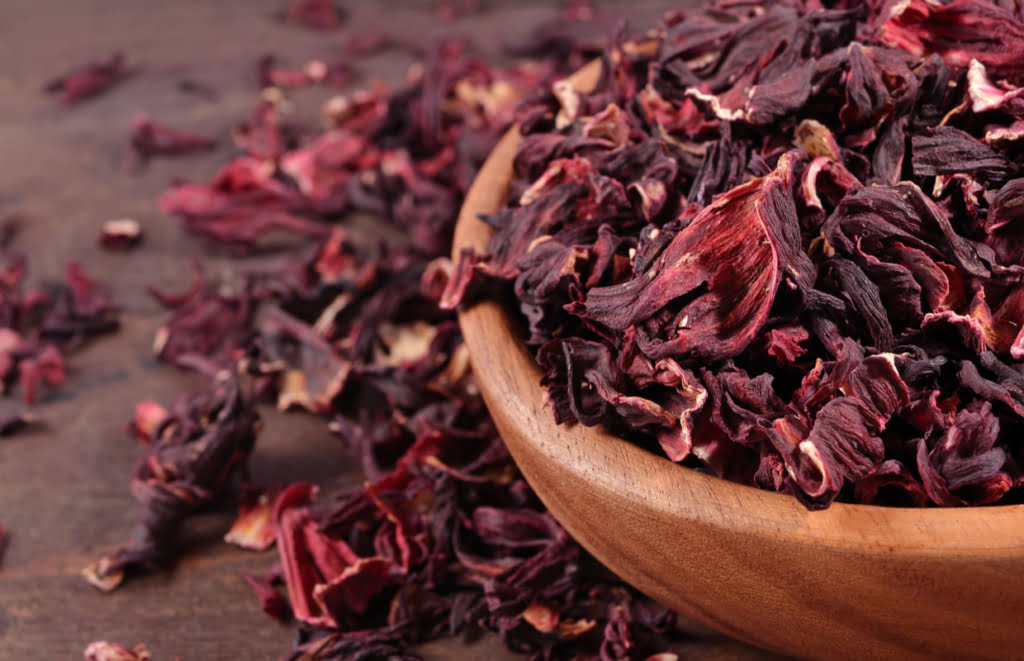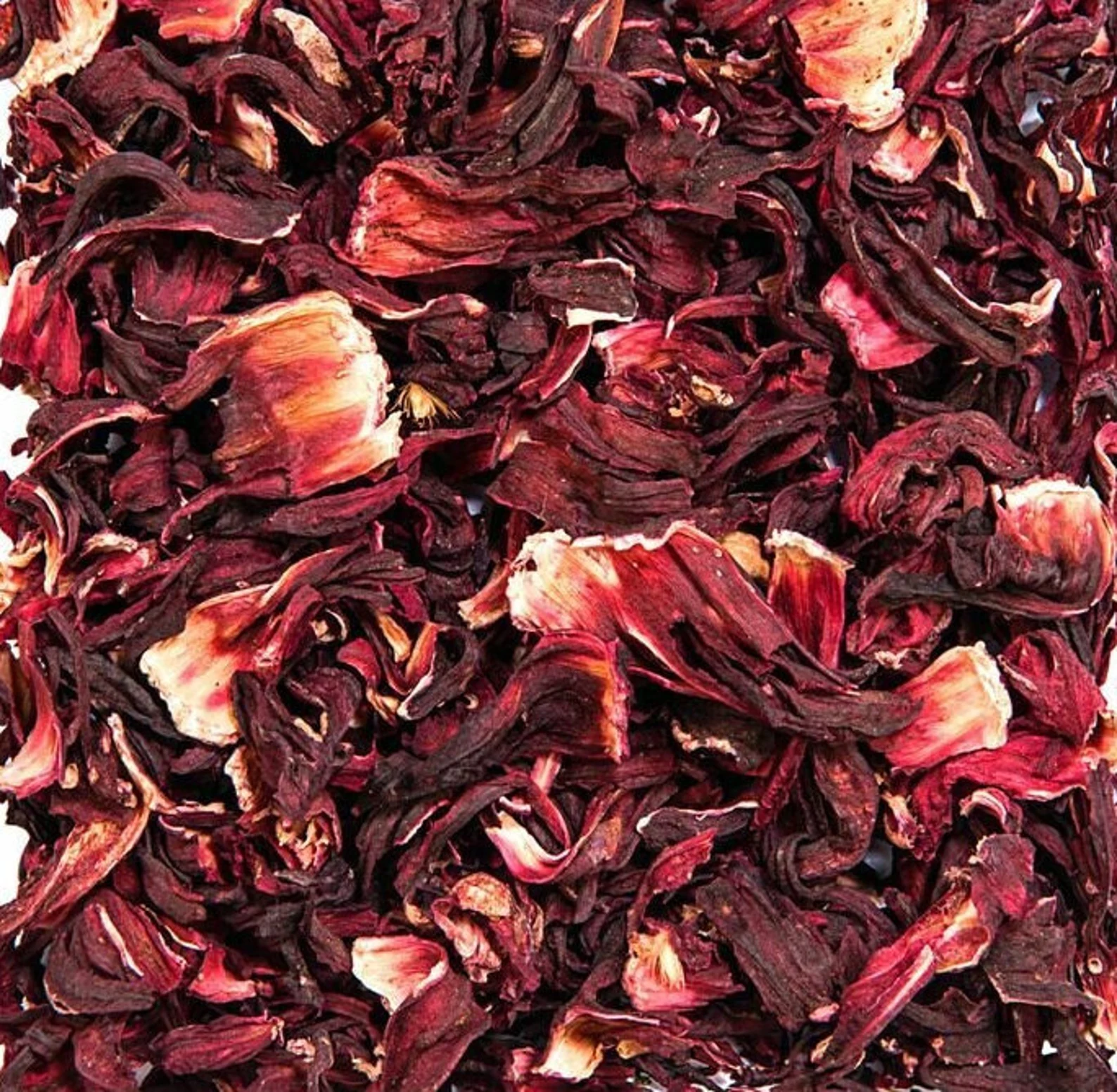Food is more than just fuel for the body; it’s a conduit for memories, a vehicle that takes us back to simpler times, cherished moments, and comforting traditions. One ingredient that often evokes a deep sense of nostalgia in food culture is dried hibiscus. Known for its vibrant red hue and tart, floral flavor, dried hibiscus has been used in cooking and beverages for centuries across different cultures. Whether it’s a refreshing hibiscus tea or a tangy salad dressing, this flowering plant has the unique ability to transport us to the past with every bite and sip.
A Taste of Tradition: Hibiscus Across Cultures
The use of hibiscus dates back to ancient civilizations, with the Egyptians famously brewing a tart, red hibiscus drink known as Karkadeh, a refreshing beverage often consumed during celebrations or as a cooling remedy in the heat. In many West African and Caribbean cultures, dried hibiscus flowers are made into a popular drink called Sorrel, usually spiced with cinnamon and cloves, and served during the holiday season. For generations, these recipes have been passed down, serving as a marker of cultural identity and family traditions.
As the hibiscus flower infuses its distinct flavor into these beverages and dishes, it becomes a living part of the history. It’s not just about taste but about the memories and experiences attached to these rituals. Many of us find that the simple act of preparing hibiscus-based dishes or drinks can spark a flood of nostalgia, recalling moments with family, friends, and even places we may never visit again.
A Symbol of Health and Vitality
Beyond nostalgia, hibiscus is also valued for its numerous health benefits. Rich in antioxidants, vitamin C, and anthocyanins, the compounds responsible for its deep red color, dried hibiscus is considered a superfood. This combination of rich taste and health benefits creates a fusion of emotions: a sense of comfort from cherished memories and the satisfaction of nourishing the body. It’s no wonder that dried hibiscus finds its way into the kitchens and cups of so many around the world.

The Global Appeal of Dried Hibiscus
In today’s globalized world, the availability of dried hibiscus is more widespread than ever before. Thanks to companies like Ajigofarms, which source high-quality agro commodities and deliver them worldwide, dried hibiscus is now a key ingredient in the culinary adventures of food enthusiasts everywhere. Whether you’re crafting a homemade hibiscus jam, experimenting with a hibiscus-infused vinaigrette, or brewing a cup of hibiscus tea to enjoy during a quiet moment, the flavor of hibiscus brings the world closer through its diverse cultural significance.
For those looking to reconnect with their heritage or explore new flavor horizons, dried hibiscus offers an opportunity to experience the world in a way that goes beyond geography—it offers the chance to experience the world through memory and flavor.
Nostalgia, Culture, and the Future of Hibiscus in Food
As the world embraces more plant-based, health-conscious diets, hibiscus is gaining popularity as a versatile ingredient. The sweet, tangy taste pairs well with a wide variety of foods, from savory dishes to sweet treats, and it serves as a gentle reminder that food can be both nourishing and deeply meaningful.
Whether you grew up with a cup of hibiscus tea in your grandmother’s kitchen or are just discovering its vibrant flavor for the first time, dried hibiscus allows us to experience food as an emotional and cultural experience. It is a link to the past, a bridge to new memories, and a timeless ingredient that will continue to inspire and evoke nostalgia in food culture for years to come.
So, the next time you savor a dish or drink made with dried hibiscus, remember that you are not just tasting food—you are tasting history, culture, and memories that are meant to be shared.
Taste the Memory
At Ajigofarms, we are proud to bring you the finest dried hibiscus and other premium agro commodities from around the world. Explore our selection and discover the flavor of nostalgia today.




